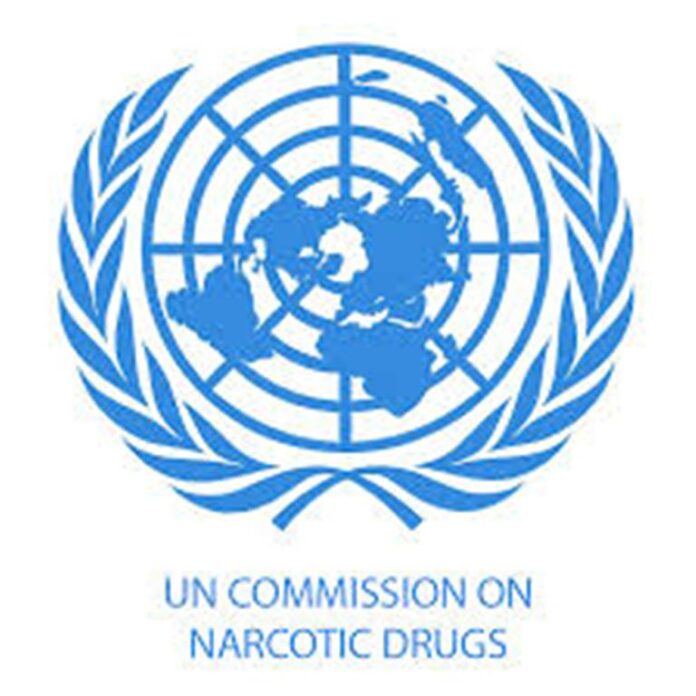Vienna [Austria]: In a significant milestone, India has been elected to Chair the 68th Session of the Commission on Narcotic Drugs (CND). Ambassador Shambhu S. Kumaran, India’s Permanent Representative to the United Nations in Vienna, officially took over the Chairmanship of the UN’s key drug policy-making body.
This marks the first time India has been named to lead the CND, reflecting its growing influence on the global stage and commitment to addressing international issues through multilateral mechanisms.
The CND, a functional commission of the United Nations Economic and Social Council (ECOSOC) and a governing body of the United Nations Office on Drugs and Crime (UNODC), is responsible for monitoring global drug trends, supporting Member States in formulating balanced drug policies, and overseeing the implementation of major international drug control treaties.
India’s Vision and Role as Chair
As Chair, India will aim to:
- Represent the Global South and ensure its interests are reflected in global discussions.
- Strengthen dialogue between developed and developing nations to promote equitable and inclusive drug policies.
- Address critical issues such as illicit drug trafficking, substance abuse, and health impacts through evidence-based strategies.
- Advocate for the availability of controlled substances for medical and scientific purposes in line with international regulations.
India’s leadership is expected to prioritize multilateral collaboration and holistic approaches to address the socio-economic and health dimensions of drug-related challenges.
Significance of the Appointment
India’s Chairmanship underscores its increasing leadership in international governance and its active role in addressing pressing global issues. This position allows India to drive key discussions on drug policy and champion solutions tailored to the needs of developing nations while fostering global unity on shared challenges.
The Commission’s agenda for the upcoming year includes enhanced international cooperation to combat illicit drug trafficking and policies to mitigate the health and social impacts of substance abuse. Under India’s Chairmanship, the focus will be on balancing these challenges with the need for controlled substances for legitimate medical and scientific uses.
This landmark appointment highlights India’s growing engagement with global multilateral institutions and reinforces its commitment to fostering inclusive, evidence-based policymaking.


